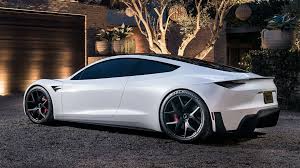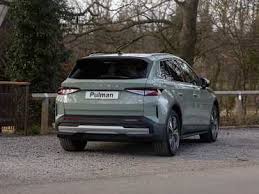Tesla and Elon Musk: Driving Innovation into the Future

Introduction
Elon Musk, the visionary CEO of Tesla, has become synonymous with innovation in the automotive and technology sectors. His relentless pursuit of sustainability and green energy has transformed Tesla from a fledgling start-up into a globally recognised leader in electric vehicles (EVs). With world events focusing more on climate change and sustainable practices, Musk’s role and Tesla’s advancements are increasingly crucial. This article explores the latest developments at Tesla, under Musk’s leadership, and their broader implications for the automotive industry and environment.
Recent Developments at Tesla
As of late 2023, Tesla has made headlines for several significant innovations. One notable advancement is the introduction of the Cybertruck, which has finally entered mainstream production. After years of anticipation, the uniquely designed electric pickup is expected to revolutionise the truck segment, catering especially to buyers looking for eco-friendly alternatives. Moreover, Tesla has also expanded its battery technology, particularly with their new 4680 battery cells that promise to enhance energy density and reduce production costs.
In addition to this, Tesla’s autonomous driving capabilities are continuously improving. The company’s Full Self-Driving (FSD) software is currently undergoing real-world testing in various locations, and Musk has expressed confidence that the technology will be ready for widespread use sooner rather than later. These advancements are vital as they not only push the envelope for Tesla vehicles but also set a competitive benchmark for other automotive manufacturers.
Global Impact and Future Trends
Musk’s influence extends beyond product development; it affects how traditional car manufacturers approach their strategies. Major automotive players are now racing to develop their own electric models and autonomous driving technologies, often inspired by Tesla’s trajectory. Governments worldwide are pushing for stricter emissions regulations, which highlights the importance of Tesla’s mission to accelerate the world’s transition to sustainable energy.
The company’s commitment to expanding its global footprint is evident through new gigafactories being established in various parts of the world, including Texas and Germany. These facilities will increase production capacity and bring jobs to local economies, further integrated into Musk’s vision of revolutionising transportation.
Conclusion
As Tesla continues to innovate under Elon Musk’s leadership, the automotive landscape is shifting dramatically. The combination of electric power, autonomous technology, and sustainable practices is not just a future vision but a current reality most drivers are beginning to embrace. Looking ahead, Tesla’s path seems poised for substantial growth, with forecasts indicating potential dominance in the automotive sector through 2030 and beyond. For readers, following Tesla’s journey provides insight into technological advancements that could soon become commonplace in our daily lives.









